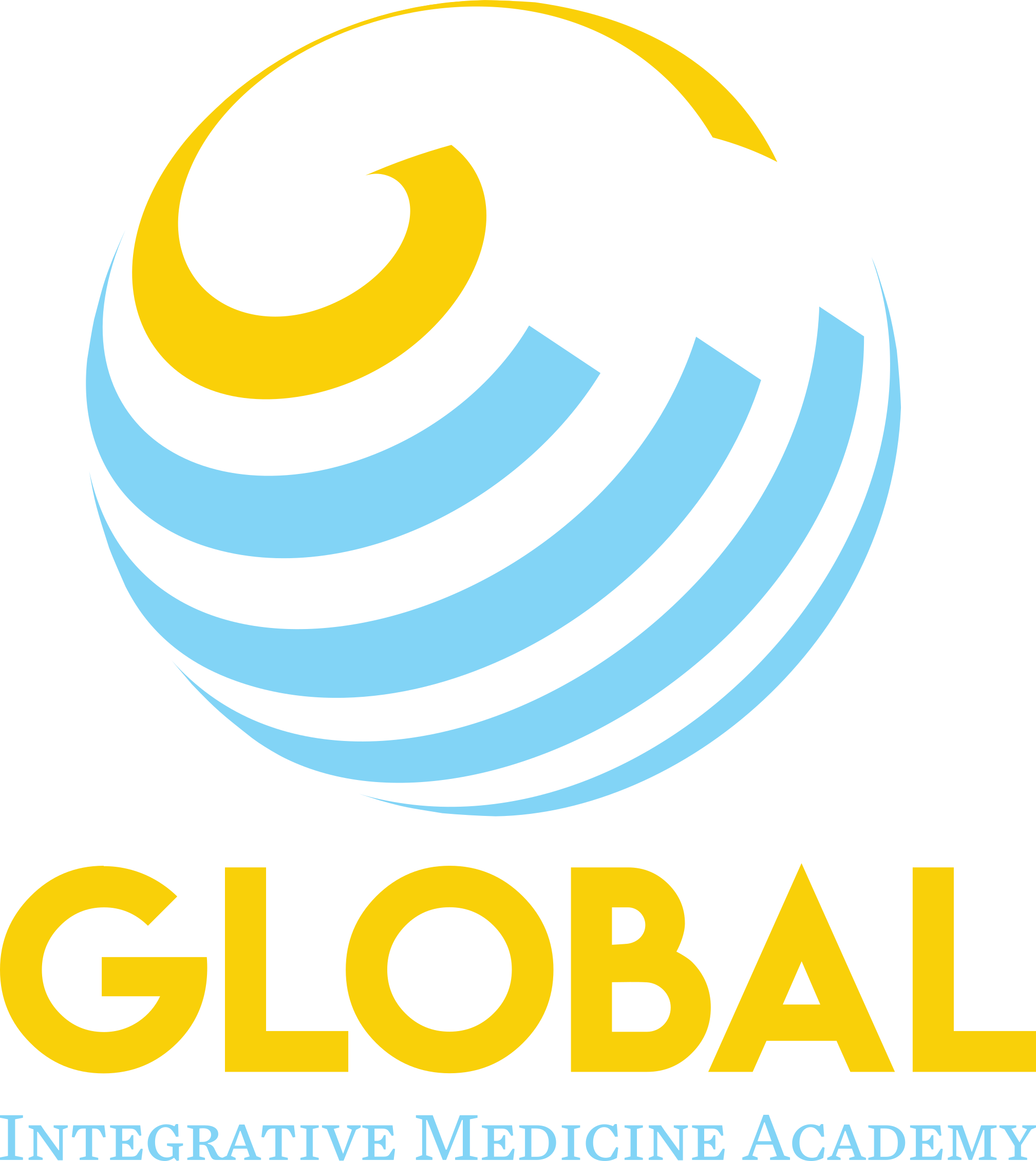Female Health Issues and Male Health Issues
$150.00
Courses Included
This course focuses on male and female health issues. The program reviews the evidence-based literature showing the preventive and complementary management impact of diet, supplementation anthropometric measurements and supplements on the prevention and complementary management of gender related health issues.
Length of Course: 5 hours 24 minutes
Teaching Method
System Requirements
Application Type : Web-based
Compatible Browser : Google Chrome, Mozilla Firefox
Limited Compatibility : Internet Explorer (no support for IE browser)
Operating System : Windows, Mac (any browser supported)
Mobile Device : Responsive website so support any mobile device
Tablet Device : 15″ recommended
1A. Female Health Issues and Male Health Issues
This course focuses on female health issues, including the management of menopausal symptoms, premenstrual syndrome, fibrocystic breast disease, uterine fibroids and polycystic breast disease. The etiological factors of each of these conditions are explored, along with an explanation of standard medical treatment and the evidence-based use of nutrition, supplementation and other natural interventions shown to improve outcomes for women with these conditions. An additional section of this course deals with the proactive lifestyle factors that are associated with a reduction in breast cancer risk and the prevention of breast cancer recurrence and reduced risk of metastasis and mortality in breast cancer survivors.
Learning Objectives:
- The student will develop an in-depth understanding of the physiological and biochemical features associated with menopause, fibrocystic breast disease, PMS, polycystic ovarian disease and uterine fibroids.
- The student will have the skills to provide patients with evidence-based natural interventions to help improve outcomes for the signs and symptoms related to these female health conditions
- The student will have an in-depth understanding of the studies related to genetics, diet and other lifestyle factors and breast cancer risk, and be able to provide patients with personalized lifestyle strategies to help decrease their risk of this disease or help to reduce breast cancer recurrence in breast cancer survivors.
1B. Male Health Issues
This course examines the etiological factors associated with prostate enlargement (BPH), prostate cancer and male andropause. The program reviews the evidence-based literature showing the preventive and complementary management impact of diet, supplementation anthropometric measurements and supplements on the prevention and complementary management of benign prostate hyperplasia (BPH) and prostate cancer. The signs and symptoms of male andropause are also explored and students are provided with proactive lifestyle strategies to counter these age-related changes, thus, improving quality of life for aging male patients.
Learning Objectives:
- The student will develop an in-depth understanding, at the biochemical and neuroendocrine levels, of key age-related changes that lead to signs and symptoms of male andropause and affect the risk of prostate enlargement (BPH) and prostate cancer.
- The student will have the skills to evaluate key anthropometric, blood and urine analysis findings and other key biomarkers, to establish the degree of andropause symptomatology and risk of prostate cancer development (or suspicion of its existence).
- The student will have the skills to provide personalized dietary, supplementation and exercise protocols to patients, shown to reverse many andropause signs and symptoms, reverse biological steps involved in prostate enlargement and prostate cancer, and provide complimentary advice in the management of localized prostate cancer cases, based on published, well documented, human clinical studies.

